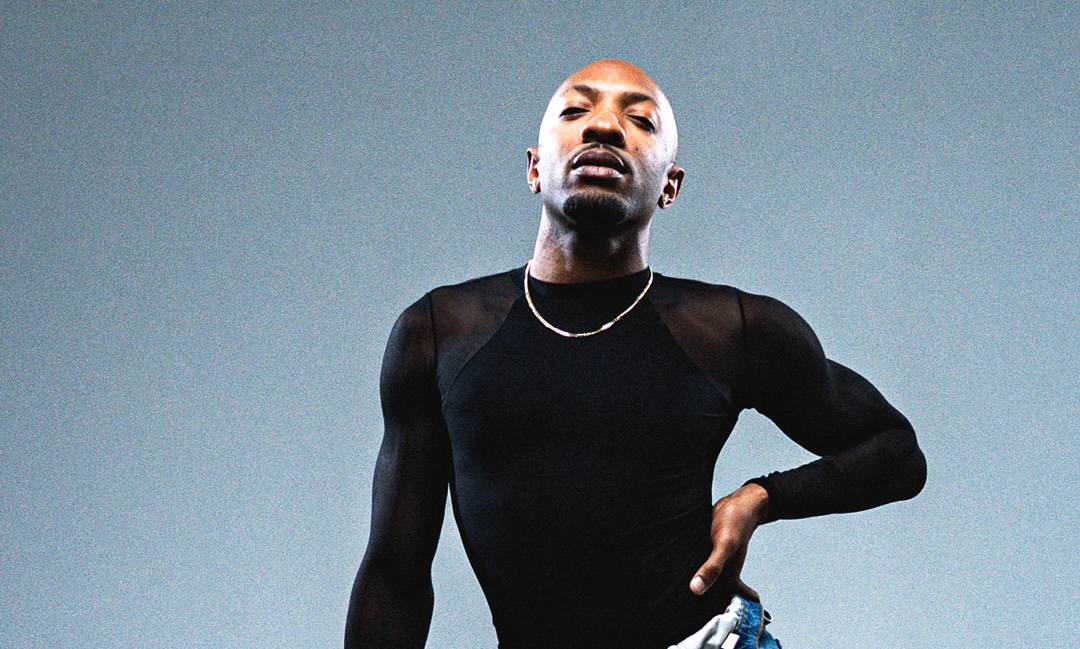I’ve danced for most of my life, from tiny tot tap to founding my own hip hop dance group in college. But that all stopped when I graduated and entered the workforce. I thought it was time to "grow up" and focus on my professional career to make my parents proud. So I stopped dancing. For seven years. It wasn't until I went back to school for my Masters in Business Administration (MBA) that I decided to dance again. What started out as fun turned into one of the most valuable lessons I could have learned. What I ended up taking away from dance was as critical to my success in business as many of the things I learned while getting my MBA.
After a year of taking classes and getting my groove back, I auditioned for Main Stacks and made it onto the team. However, at the first practice, I made a terrifying discovery — this group practiced without mirrors.
My heart dropped into my gut, and I went cold with fear. I was a perfectionist. In all parts of my life — school, work, dance, everything. I was used to doing things well, getting things right, and being told how good I was. The way I was able to produce such great work was a result of me being able to work hard in the background, analyze things until I knew I had it right, and practice until I felt confident enough in my performance to finally show it to the world.
Without mirrors, I had no way to self-correct. I was completely reliant on others telling me what I was doing wrong in order to work toward getting things right. Perfectionists will understand the extremely visceral reaction I had to this feedback. Whenever people would give me feedback, I would politely receive it, but it’d feel like I was being hit with a ton of bricks. It’d sock me, right in my gut. Every time. The rational part of me understood that feedback is essential for improvement, and that constructive criticism was supposed to be just that — constructive. But that didn’t make me feel any better.
Yet, in order to dance on this team, I had to get used to receiving that barrage of bricks, during every run-through, in every practice. Mish, raise your arm — your angle is off. Mish, work on making the texture of that move more smooth. Mish, you’re anticipating, slow down.
At first, each comment still hit me hard in the gut. But over time, I realized that my teammates corrected me because they wanted to help me. They knew that I couldn’t master the choreography alone. They had to be my mirror for me. They would tell me what I needed to correct, because they cared. The more feedback they gave me, the better I got.
It was then that something in me shifted. I no longer felt like each comment socked me in the stomach. And I wouldn’t just receive feedback, I’d actively ask for it. In the downtime between sets, I’d ask someone to watch me and let me know how I could improve. I’d rehearse the choreography in a circle with my teammates, so we could all exchange feedback. I went from fearing feedback to embracing it.
It is that shift in mindset that has made me a better entrepreneur.
As an entrepreneur, you’re carving your own path, doing things that may not have been done before. In building a business, there are no mirrors. Thus entrepreneurs often talk about “Failing fast, and failing often”. You can’t hide out and create your product in a vacuum. You are reliant on your customers to tell you whether you’re producing something of value or not. You have to be willing to put something out there, that may not be perfect, and be willing to listen and learn from your customers’ feedback.
In our twenties, we do fail fast and we do fail often. We're trying to develop our careers, pave a path, create a future. And I know that while dance may seem frivolous to our parents, or to those who don't get it, but here's what I've learned from dance, and how it has helped me develop transferable skills in my professional career:
Acceptance Of Imperfection.
Research has shown that people who want to be perfect from the beginning are more likely to give up when they fail than those who accept that imperfection is part of the learning process. Being willing to be a beginner at new pieces and styles, especially after you've mastered others, prepares you with the mindset required to persevere for continued skill improvement over time, in all parts of life.
Resilience.
When you're learning something new, it's only natural that you're going to get things wrong. Every single dance practice helps you develop the muscle memory of bouncing back when you make a mistake so you can learn from it and get closer to getting it right. Every new job and every promotion comes with an inevitable learning curve, and resilience is what will keep you from getting discouraged as you learn.
Hunger For Feedback.
Often what sets apart average performers from exceptional performers (in both dance and work), is the difference between simply accepting feedback and actually being hungry for it. No one will be as invested in your career success as you, so be sure to actively seek out feedback. Doing so will accelerate your growth.
Stay hungry.Michelle Florendo is a Main Stacks alum and Professional Career Coach. Visit her site to get more words of wisdom!










